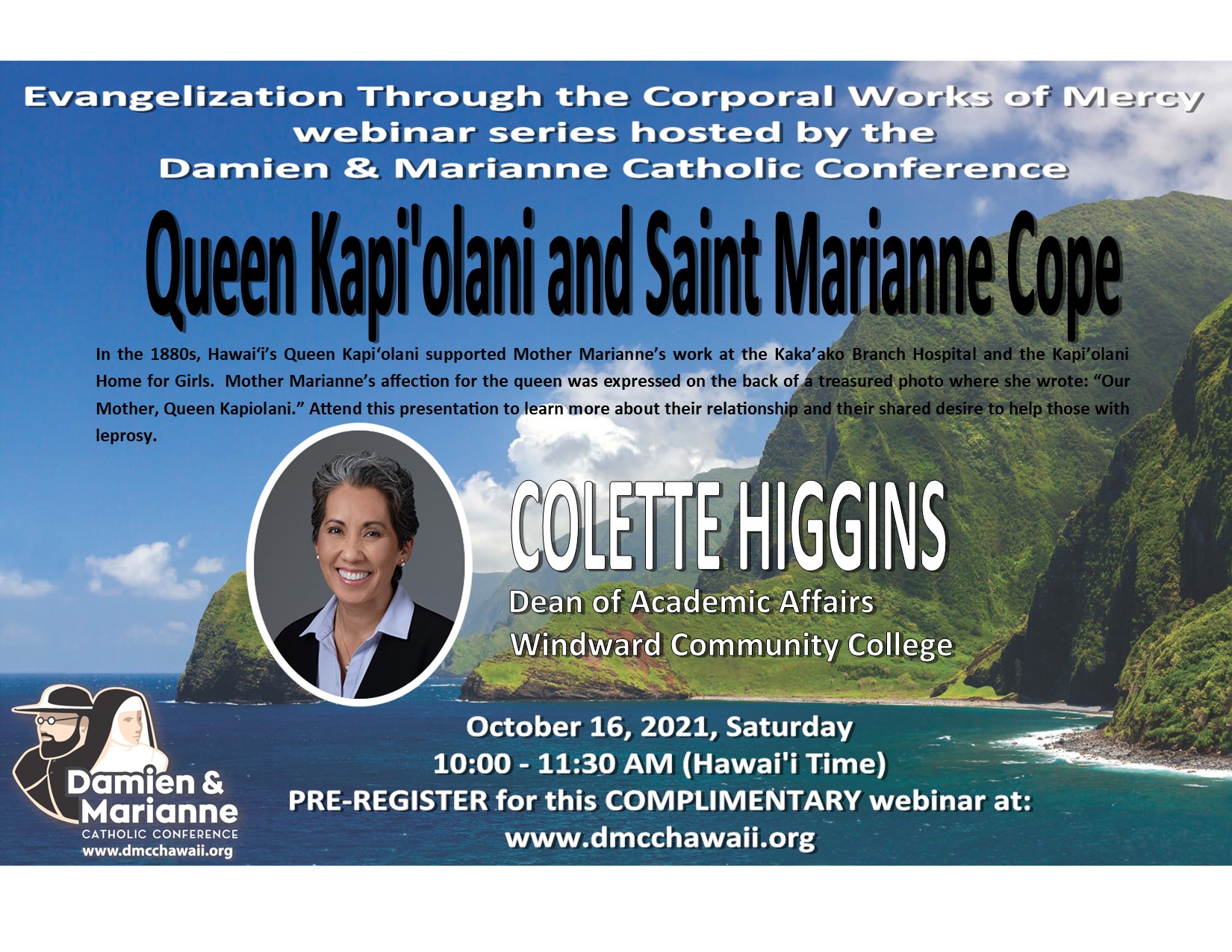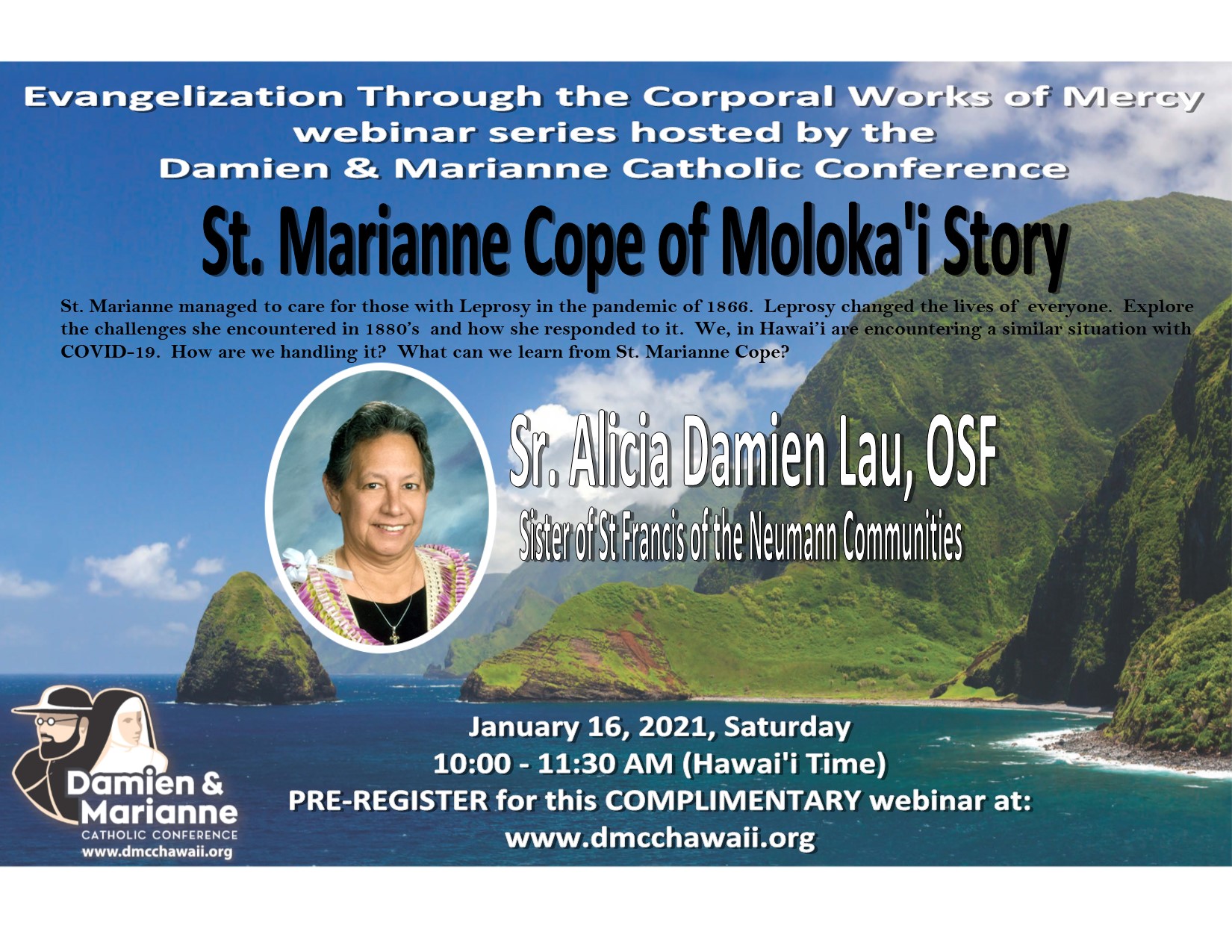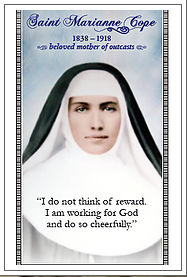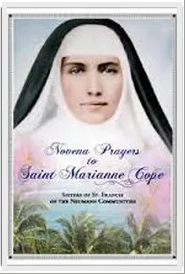Barbara Koob was born on January 23, 1838 in the town of Heppenheim Germany. Two years later her family immigrated to New York State. On November 19, 1863 she pronounced her vows as a member of the Sisters of Saint Francis, accepting the chosen name of Sister Mary Anna Cope.
Her call to act as a servant of God and the Franciscan spirit she embraced, provided a foundation of values that gave her the courage and compassion to accept difficult challenges with diplomacy and grace. Mother Marianne was instrumental in opening two of the first Catholic Hospitals in Central New York: St. Elizabeth Medical Center in Utica and St. Joseph’s Hospital in Syracuse in 1870. Recognizing the need for basic health care in a city of immigrants, she and a small group of women defied convention by purchasing a saloon in Syracuse, New York and transforming it into a hospital to serve the needs of a diverse community. Here they welcomed everyone and provided the same quality of care—regardless of race, ethnicity, religion, disease or economic means. They pioneered rules of patient’s rights and cleanliness, practices not seen before in the United States.
Mother Marianne traveled to Maui in 1884 in response to a call from the Hawaiian government. She said “I desire to accept this work in the name of great St. Francis”. Her work began with managing Malulani Hospital, the island’s first general hospital, as well as St. Anthony School. Four years later moving to Kalaupapa to care for the exiled, including Father Damien in his last months and attended temporarily to the boy’s home that he had established there until the Sacred Heart Fathers sent a permanent replacement.
She would serve the people of Moloka’i for thirty more years until her death on August 9, 1918 and the prayers for the “beloved mother of outcasts” helped to elevate her to sainthood. She was canonized a saint on October 21, 2012. Saint Marianne’s legacy continues today in the lives and ministries of the Sisters of St. Francis of Neumann Communities.





